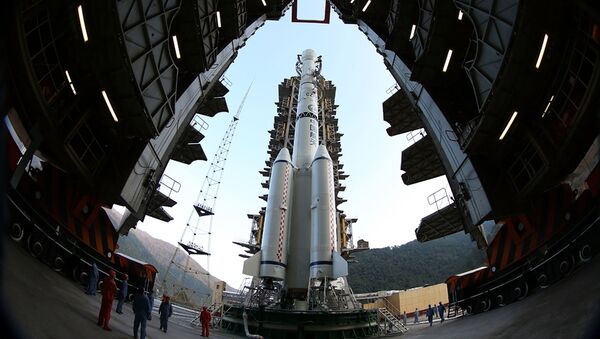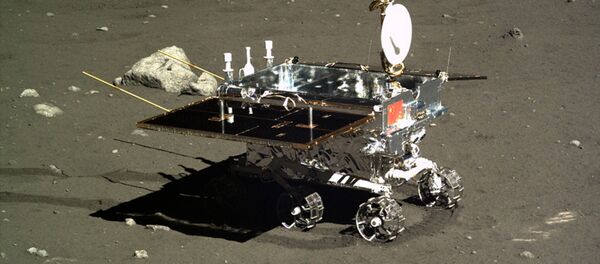Radio Sputnik: Please tell us about your radio telescope, which you are planning to send to the Moon. Why is this important? Why are you planning to send it to the Moon and what are you planning to find, using this equipment?
Heino Falcke: This is a very special place, but it is a place that has never been explored so far. There has never been a single mission to the far side [of the Moon]. That is what I think is so special about this new Chinese mission, that for the first time they will actually venture into this new region.
What we’ll do is actually first prototyping, we’re not building a big radio telescope yet, but we’ll start exploring this entire region.
READ MORE: To New Horizons: NASA Plans to Launch Spacecraft to Alpha Centauri in 2069
Radio Sputnik: Why is it that there has been no mission to the far side previously?
Radio Sputnik: So why has there been such a long period of time between these last missions, that actually operated on the Moon’s surface. Do we know enough about the Moon’s surface? Is it no longer interesting, did we already find out everything about it? I think it’s doubtful, but can you elaborate?
Heino Falcke: I think that has to do with fashion. Clearly in the sixties-seventies the exploration of the Moon was not just science, it was part of the Cold War. It was driven by a lot of politics, and with the first manned landing that goal was achieved. A lot of science was done in the aftermath; in fact, today we’re still benefiting from the lunar missions from that period. And only twenty-thirty-forty years later now there’s a renaissance of studying the Moon because we realize that there are so many things we don’t know about the Moon. It’s the closest heavenly body, next to us, and there are a lot of things that we just don’t know about it. And so we’re slowly understanding that we need to go back there. I mean, people [may one day] go to Mars and much further, but the Moon is still little understood.
The views and opinions expressed by Heino Falcke are those of the scientist and do not necessarily reflect those of Sputnik.





